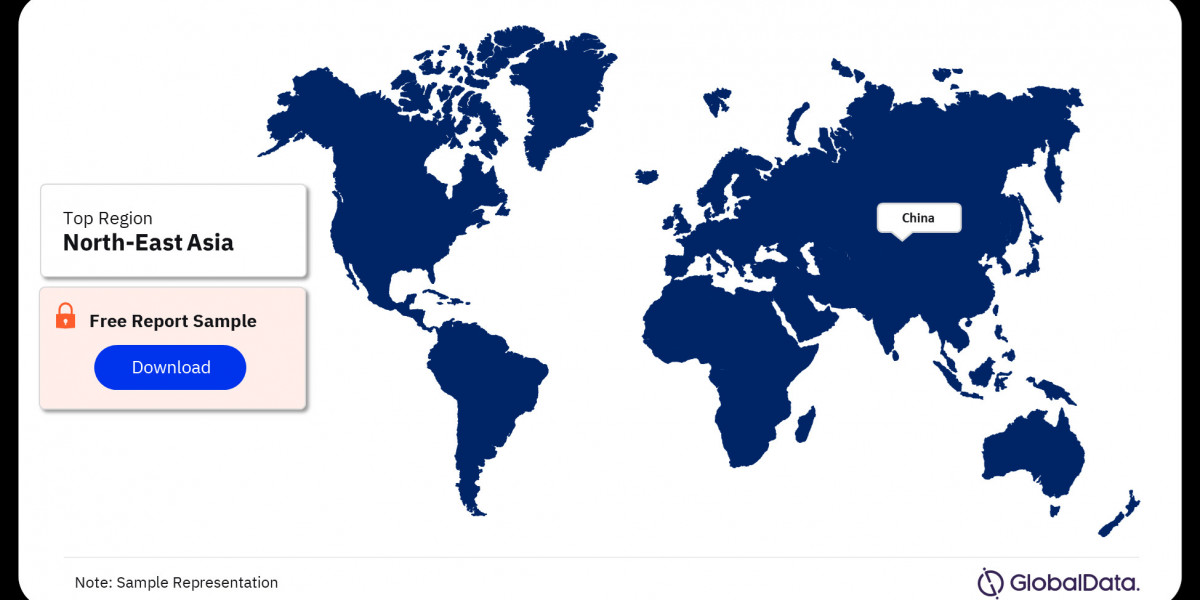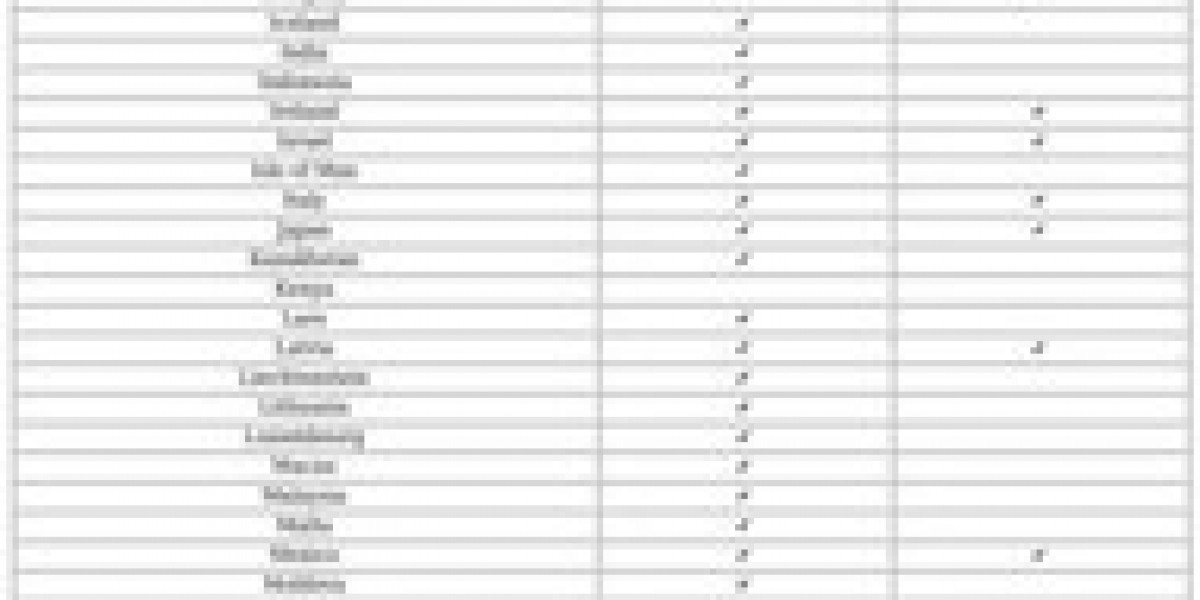The US construction market is highly fragmented, with a mix of multinational corporations, regional players, and specialized contractors. Key players operate across various segments, including residential, commercial, and infrastructure construction.
Buy the Full Report to Know More about the US Construction Market Forecast
This competitive landscape is shaped by factors like project expertise, technological adoption, and the ability to navigate regulatory and environmental challenges.
1. Bechtel Corporation
- Overview: Bechtel is one of the largest construction and engineering firms in the US, with expertise in infrastructure, energy, and industrial projects.
- Competitive Advantage:
- Strong portfolio of complex and large-scale projects.
- Expertise in megaprojects, such as airports, rail systems, and power plants.
- Global presence and a reputation for delivering on time and budget.
- Market Share: Bechtel holds a significant share in infrastructure and industrial construction, with a strong focus on public-private partnerships (PPPs).
2. Turner Construction
- Overview: Turner Construction specializes in commercial construction, including office buildings, healthcare facilities, and educational institutions.
- Competitive Advantage:
- Pioneers in green building practices, with expertise in LEED-certified projects.
- Strong technological adoption, including BIM and construction management software.
- Focus on innovation and client collaboration.
- Market Share: Turner is a leading player in the commercial construction sector, consistently ranked among the top contractors in the US.
3. Fluor Corporation
- Overview: Fluor provides engineering, procurement, and construction (EPC) services across energy, infrastructure, and industrial sectors.
- Competitive Advantage:
- Expertise in energy and petrochemical projects.
- Diversified services, including project management and construction consulting.
- Strong international presence complements its US operations.
- Market Share: Fluor is a leader in industrial construction, particularly in oil and gas, mining, and chemical processing facilities.
4. Kiewit Corporation
- Overview: Kiewit is a major player in heavy construction, focusing on infrastructure, energy, and water resource projects.
- Competitive Advantage:
- Extensive experience in transportation infrastructure, including highways, bridges, and rail systems.
- Strong capabilities in renewable energy projects, such as wind and solar farms.
- Employee-owned structure fosters a performance-driven culture.
- Market Share: Kiewit is a dominant player in the public infrastructure segment, benefiting from federal investments under the Infrastructure Investment and Jobs Act (IIJA).
5. AECOM
- Overview: AECOM offers integrated design, engineering, and construction management services, focusing on infrastructure and urban development.
- Competitive Advantage:
- Expertise in sustainable urban development and smart cities projects.
- Strong focus on innovation, including digital twin technology for project optimization.
- Global experience enhances its competitiveness in complex US projects.
- Market Share: AECOM is a leader in infrastructure and environmental projects, often involved in federally funded programs.
6. Jacobs Engineering Group
- Overview: Jacobs specializes in infrastructure, water resources, and advanced technology solutions for construction projects.
- Competitive Advantage:
- Leading expertise in water management and climate-resilient infrastructure.
- Strong focus on sustainability and environmental compliance.
- Expanding presence in smart construction and automation technologies.
- Market Share: Jacobs is a top player in water and transportation infrastructure, with a growing presence in renewable energy projects.
7. Skanska USA
- Overview: A subsidiary of the Swedish construction giant Skanska, the company focuses on commercial, infrastructure, and green building projects in the US.
- Competitive Advantage:
- Strong expertise in public-private partnerships (PPPs) and urban development.
- Commitment to sustainable building practices and energy-efficient designs.
- Broad project portfolio spanning healthcare, transportation, and commercial sectors.
- Market Share: Skanska holds a solid position in urban infrastructure and commercial construction, particularly in major metropolitan areas.
8. PCL Construction
- Overview: PCL is a diversified construction company offering services in commercial, residential, and industrial construction.
- Competitive Advantage:
- Employee-owned model drives accountability and innovation.
- Strong focus on modular construction and prefabrication techniques.
- Expertise in delivering high-quality, mid-size projects.
- Market Share: PCL is a key player in mixed-use developments and modular construction projects.
9. The Whiting-Turner Contracting Company
- Overview: Whiting-Turner focuses on commercial construction, including retail, office spaces, and healthcare facilities.
- Competitive Advantage:
- Client-centric approach with a reputation for quality and reliability.
- Expertise in fast-track and design-build projects.
- Strong regional presence across multiple states.
- Market Share: Whiting-Turner is a leading contractor in the retail and healthcare construction sectors.
10. Granite Construction
- Overview: Granite specializes in civil engineering and infrastructure projects, including roads, bridges, and airports.
- Competitive Advantage:
- Extensive expertise in transportation infrastructure.
- Focus on sustainability through the use of recycled materials and eco-friendly practices.
- Strong presence in state-funded and federally funded projects.
- Market Share: Granite is a dominant player in the transportation infrastructure market, benefiting from IIJA-driven investments.
Emerging Trends and Competitors
- Technology-Driven Startups: Companies offering construction automation, AI-powered project management, and 3D printing solutions are gaining traction.
- Renewable Energy Specialists: Firms focused on renewable energy projects, such as wind and solar farm construction, are capturing niche market segments.
- Private Equity Investments: Financial investors are entering the construction market, funding startups and expanding the capacity of established firms.
Conclusion
The US construction market is dominated by companies with specialized expertise, technological innovation, and the ability to manage large-scale projects. Federal infrastructure investments and the growing emphasis on sustainability are reshaping the competitive landscape. Firms that embrace digital transformation, sustainability, and workforce development will continue to lead the market while new entrants and niche players leverage innovation to capture market share.










